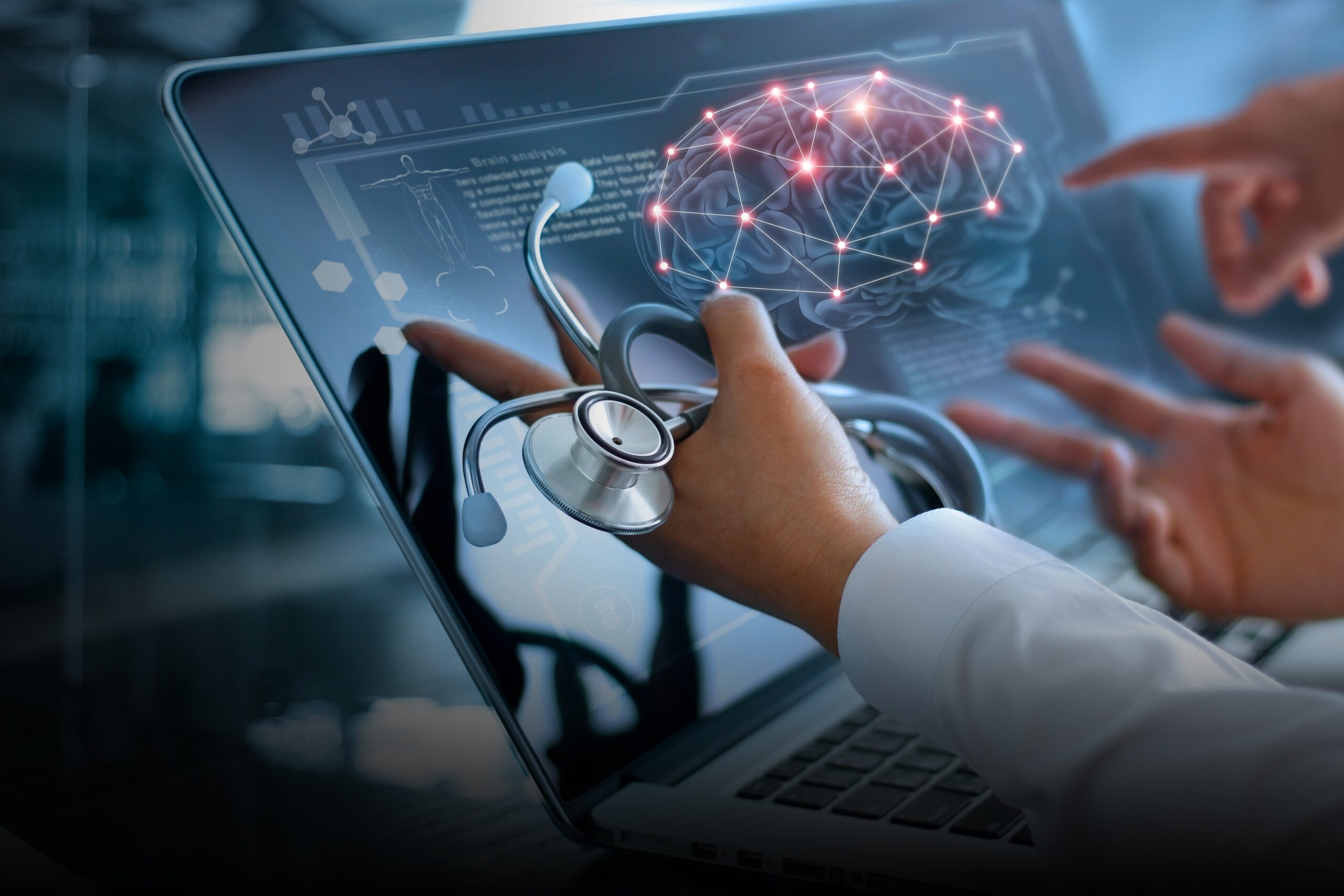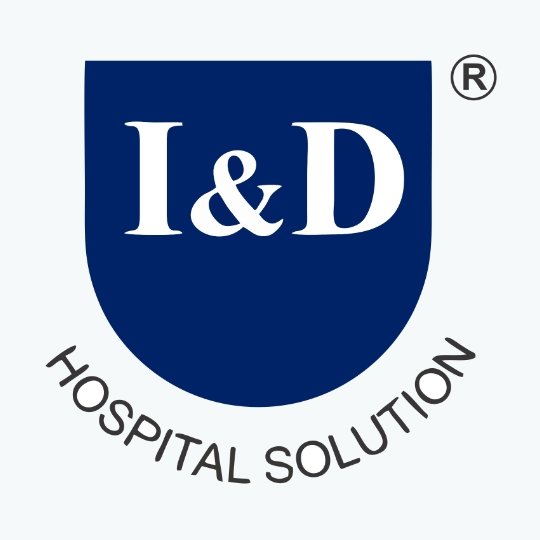- 01/05/2023
- Posted by: admin
- Category: Blogs

Healthcare technology is rapidly evolving, with new innovations transforming the way we access, deliver, and manage healthcare. Electronic health records (EHRs), telemedicine, and artificial intelligence (AI) are just a few examples of the cutting-edge technologies that are revolutionizing healthcare today.
Electronic Health Records (EHRs)Electronic health records (EHRs) are digital versions of patient medical records that can be accessed and shared securely by healthcare providers. EHRs enable healthcare providers to make informed decisions based on comprehensive patient data, improve patient safety, and enhance the quality of care.EHRs also offer several benefits to patients. They can access their medical records online, schedule appointments, and receive reminders for preventive screenings and tests. Patients can also share their medical records with other healthcare providers, which can improve care coordination and prevent medical errors.
TelemedicineTelemedicine is the use of digital technologies to deliver healthcare services remotely. This includes virtual consultations, remote monitoring, and online health education. Telemedicine has become increasingly popular in recent years, particularly during the COVID-19 pandemic, when in-person visits were limited.Telemedicine offers several advantages, including increased access to care for patients who live in remote areas, reduced wait times, and improved efficiency. Telemedicine also enables healthcare providers to monitor patients remotely, which can improve outcomes and reduce the need for hospital readmissions.
Artificial Intelligence (AI) in HealthcareArtificial intelligence (AI) is a broad term that refers to the use of computer algorithms to perform tasks that typically require human intelligence, such as language translation, image recognition, and decision-making. In healthcare, AI is being used to improve diagnostics, personalize treatments, and predict health outcomes.For example, AI can help healthcare providers analyze medical images, such as X-rays and MRIs, more accurately and quickly than a human could. AI can also be used to analyze patient data to identify patterns and predict health outcomes, which can help healthcare providers make more informed decisions.ConclusionHealthcare technology is transforming the way we access, deliver, and manage healthcare. Electronic health records (EHRs), telemedicine, and artificial intelligence (AI) are just a few examples of the cutting-edge technologies that are revolutionizing healthcare today. As these technologies continue to evolve, we can expect to see even more advancements that will improve the quality of care and outcomes for patients.



